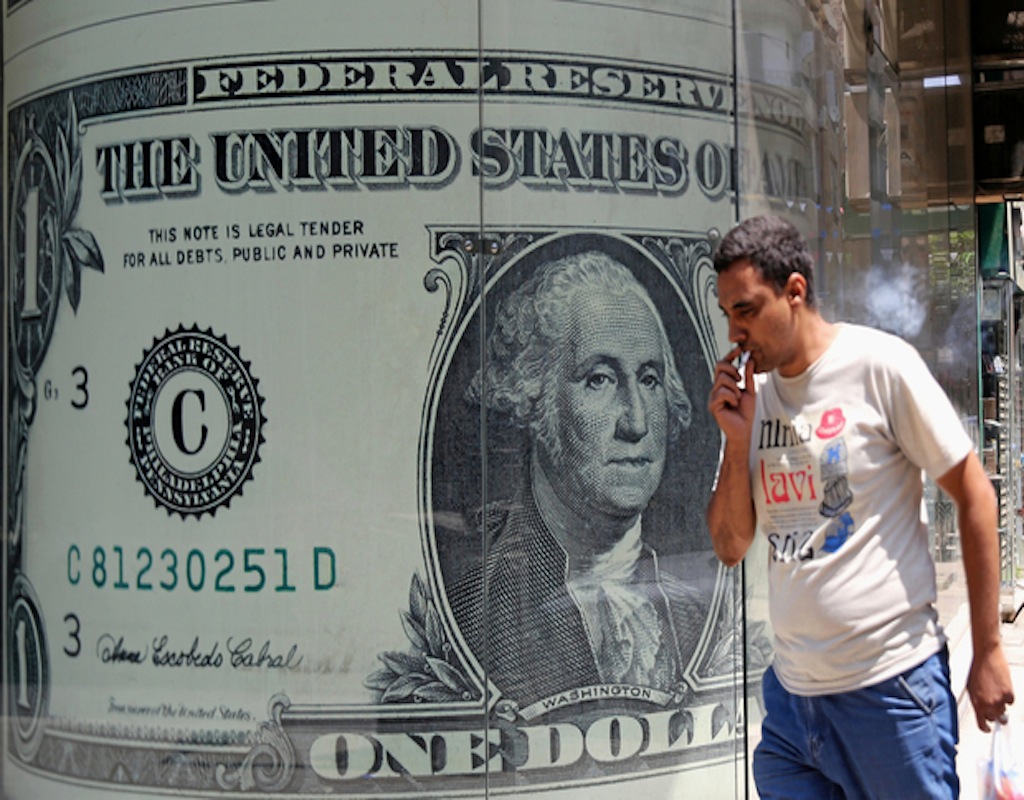Egypt’s foreign debt continues to rise, reaching $USD 168 billion at the end of December 2023, according to newly released central bank data, reported Reuters. This represents a $USD 3.5 billion increase in just three months and underscores the country’s continued reliance on external financing.
The debt, which has quadrupled since 2015, funds major infrastructure projects and supports Egypt’s currency. However, a shortage of foreign currency following the COVID-19 pandemic and the Ukraine crisis, along with an investor exodus, led Egypt to seek an additional $USD 8 billion package from the International Monetary Fund (IMF) in March of this year. As part of this deal, Egypt agreed to reduce spending on large government initiatives.
Currently, 82.5 percent of the foreign debt is long-term and equivalent to 43 percent of Egypt’s gross domestic product.
Alongside the rising debt, Egypt also faces significant inflation. Data from the country’s statistics agency (CAPMAS) shows a slight easing, with annual urban consumer price inflation decreasing to 32.5 percent in April from 33.3 percent in March. While prices rose month-on-month by 1.1 percent in April (up from 1 percent in March), the annual drop is a positive sign, although food prices remain 40.5 percent higher than a year ago.
The Central Bank of Egypt has been increasing interest rates to combat inflation and, in conjunction with the IMF deal and currency devaluation, these efforts have contributed to the recent easing of inflationary pressures.







Comments (2)
[…] comes as Egypt faces significant inflation and the Central Bank of Egypt has been increasing interest rates to combat inflation and, in […]
[…] Read More […]